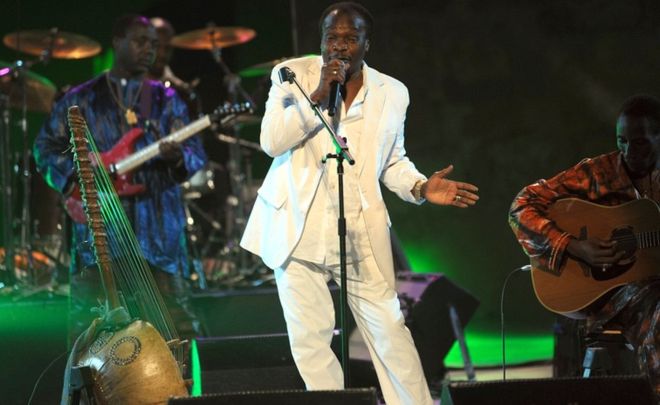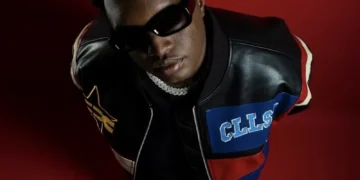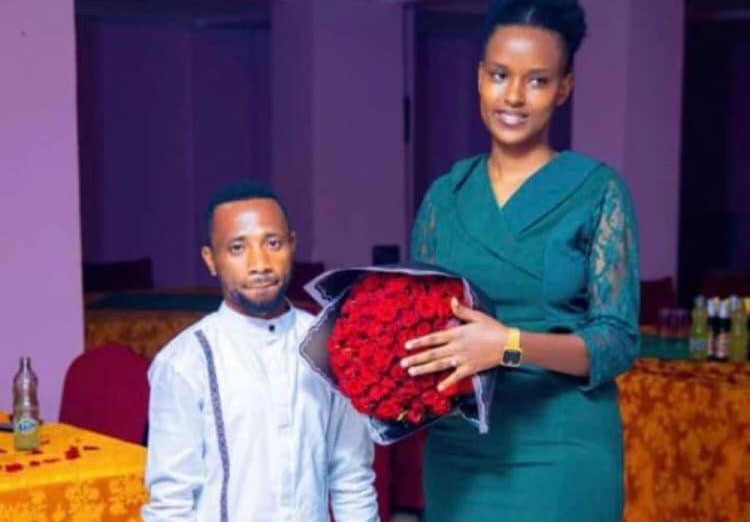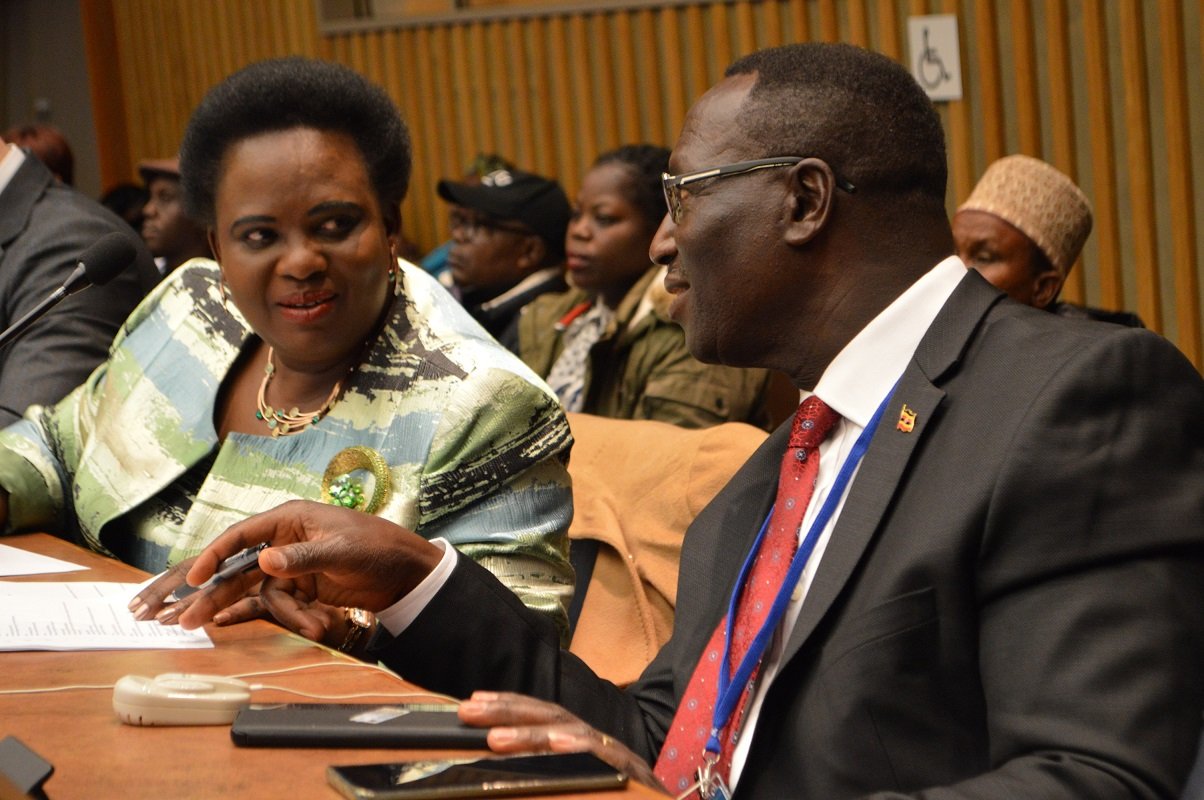The singer Mory Kanté, who helped bring African music to world audiences with hits like Yéké Yéké, has died in Guinea.
Kanté died in hospital on Friday in the capital, Conakry, aged 70, his son Balla Kanté told the AFP news agency.
His death was the result of untreated health problems, he said.
“He suffered from chronic illnesses and often travelled to France for treatment but that was no longer possible with the coronavirus,” he added.
“We saw his condition deteriorate rapidly, but I was still surprised because he’d been through much worse times before.”
Born in a famous family of “griots” – West African musicians and storytellers – he had been nicknamed “the electronic griot”, and was known as a distinguished player of kora – a West African harp.
Tributes were paid by fellow musicians on Friday, including Senegalese musician Youssou N’Dour who said he felt a huge void on learning of Kanté’s death and called the late singer “a baobab of African culture”.Skip Twitter post by @YoussouNdourSNYOUSSOU NDOUR@YoussouNdourSN
Je viens d’apprendre avec consternation le rappel à Dieu de mon frère aîné et référence Maître Mory Kanté. Je ressens un énorme vide aujourd’hui avec le départ de ce baobab de la Culture Africaine. Repose en paix. De ton Frère affligé Youssou Ndour

1,708 · SenegalTwitter Ads info and privacy634 people are talking about thisReport
End of Twitter post by @YoussouNdourSN
The president of Guinea, Alpha Condé, said on Twitter that African culture was in mourning. He thanked Kanté, saying his career had been “exceptional”.Skip Twitter post by @alphacondepresiAlpha CONDÉ@alphacondepresi
#Mory_Kanté La culture africaine est en deuil. Mes condoléances les plus attristées…
Merci l’artiste. Un parcours exceptionnel. Exemplaire. Une fierté.
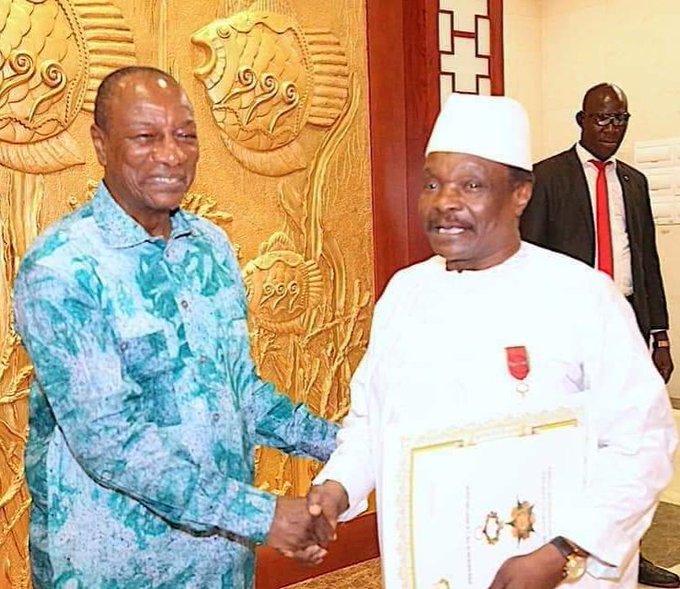
953Twitter Ads info and privacy421 people are talking about thisReport
End of Twitter post by @alphacondepresi
Kanté is the latest prominent African musician to pass away, after the recent deaths of Manu Dibango, Tony Allen and Idir.

Avant-garde musician – and humanitarian
By Ata Ahli Ahebla, BBC African music presenter
Mory Kanté started music at the age of just seven, when he was sent to Mali to learn to play the kora harp.
In the 1970s, he joined Mali’s legendary group the Rail Band of Bamako and performed alongside Salif Keita and became the lead singer after Keita left.
His international success came in 1988 when he released his album Akwaba Beach, which includes Yéké Yéké. Millions of copies of Yéké Yéké were sold and Akwaba Beach became the best-selling African album of that time.
He belonged to a generation of avant-garde African musicians who dared to create new sounds.
Born and raised in the West African Mandigo traditional culture and Muslim religion, he came up with an unique sound by mixing his kora with electronic music.
As a goodwill ambassador for international organisations like Unicef, the FAO, UNHCR, he was involved in various humanitarian causes in Africa and Eastern Europe.
BBC Africa


